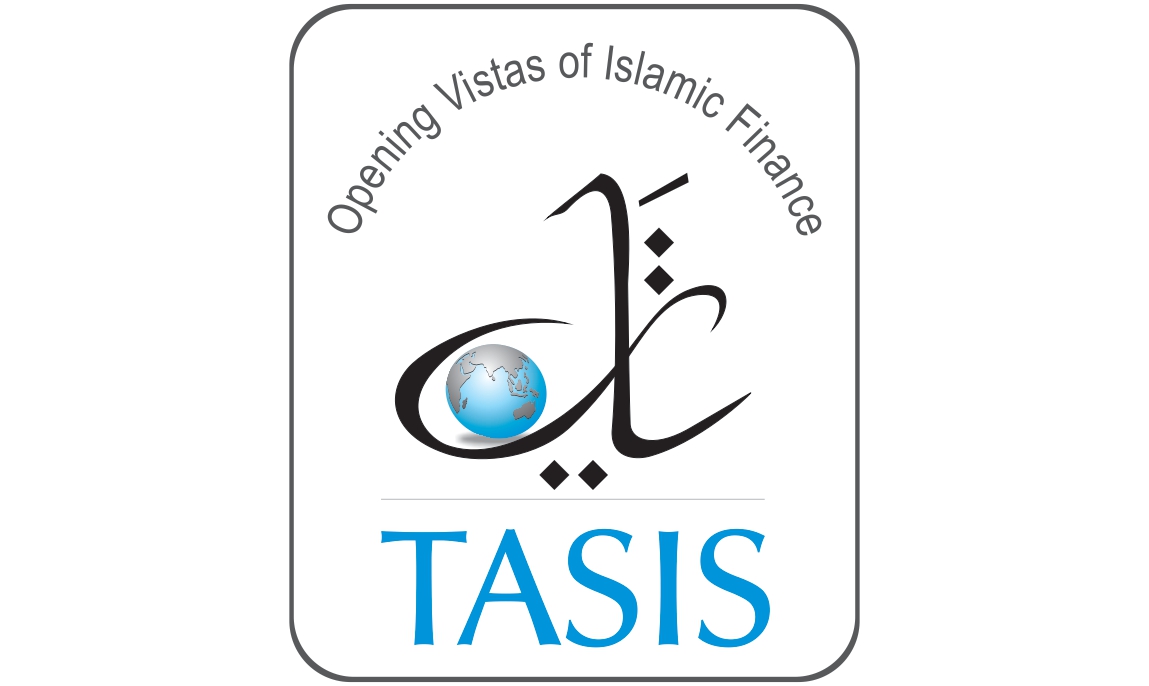News
All News
BIBF launches a new series of professional micro-credentials in Islamic finance
26 JUN
UAE’s Islamic finance, halal industry poised for robust growth, economic diversification
26 JUN
Islamic finance assets ‘to hit $7.5trln by 2028’
30 MAY
Binghatti and ADIB to bring Sharia-compliant home finance solutions to the UAE real estate market
29 MAY
BIBF launches a new series of professional micro-credentials in Islamic finance
26 JUN
Manama, Bahrain – In line with efforts to strengthen Bahrain’s position as a leading hub for Islamic banking and finance, the Bahrain Institute of Banking and Finance (BIBF) has announced the launch of flexible and practical learning pathways for professionals in the Islamic banking sector, through a new series of professional micro-credentials. This initiative has been developed in response to the growing needs of the labour market amidst the rapid changes taking place in the Islamic banking industry, particularly in areas of regulation, digitalisation, and specialised skills. These certificates follow a modern education model known as "micro-learning", allowing professionals to acquire specialised skills over a short period of time without interrupting their work commitments, thereby enhancing their job-readiness and updating their knowledge in line with international standards. The initiative includes various core specialisation courses including, Islamic Retail Banking, Risk Management, Treasury Management, Wealth Management, Shariah Audit etc. Each programme runs over a period of three to five days, delivered in a blended format combining in-person and virtual sessions led by subject-matter experts, offering maximum flexibility and practical understanding for participants. On this occasion, Dr. Rizwan Malik, Head of the Islamic Finance Centre at BIBF, stated: “These programmes are designed to directly address the growing demand in the sector for specialised, practical knowledge. They are ideal for professionals seeking to upskill or shift into new areas, without the time commitment of longer academic programmes.” He added: “The launch of this initiative reinforces Bahrain’s position as a leading hub in Islamic banking, by responding to the market’s growing need for targeted and practical training aligned with global standards. It also contributes to the development of national talent and prepares professionals to navigate ongoing digital and regulatory transformations in the sector, further enhancing the Kingdom’s status as a global centre for Islamic banking and finance education and training.”
